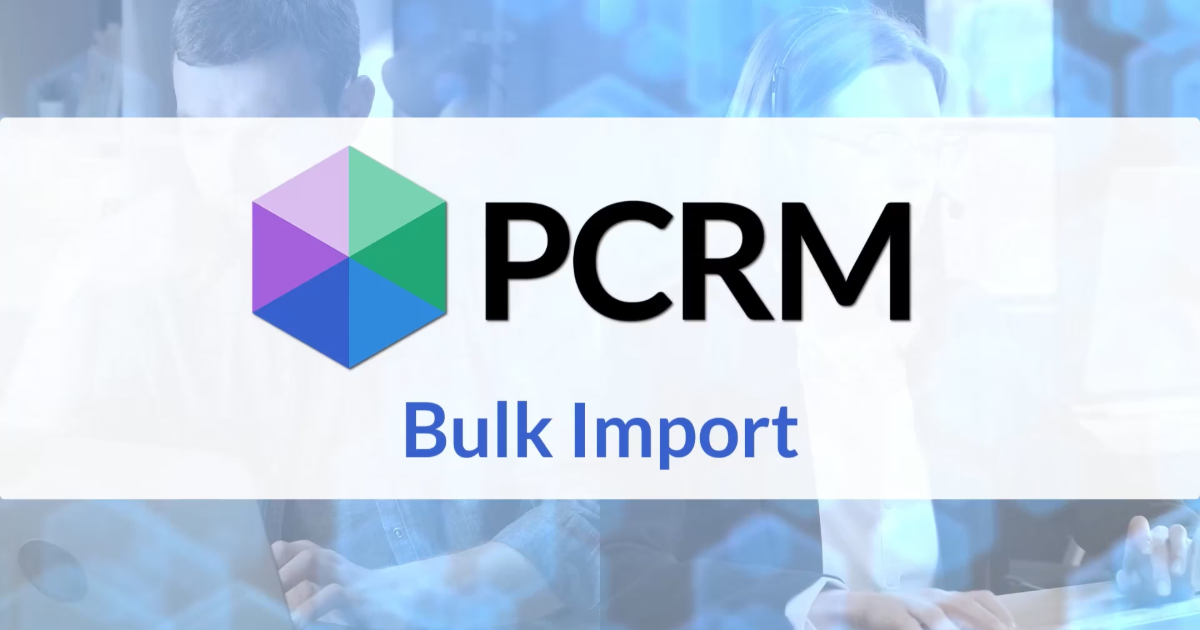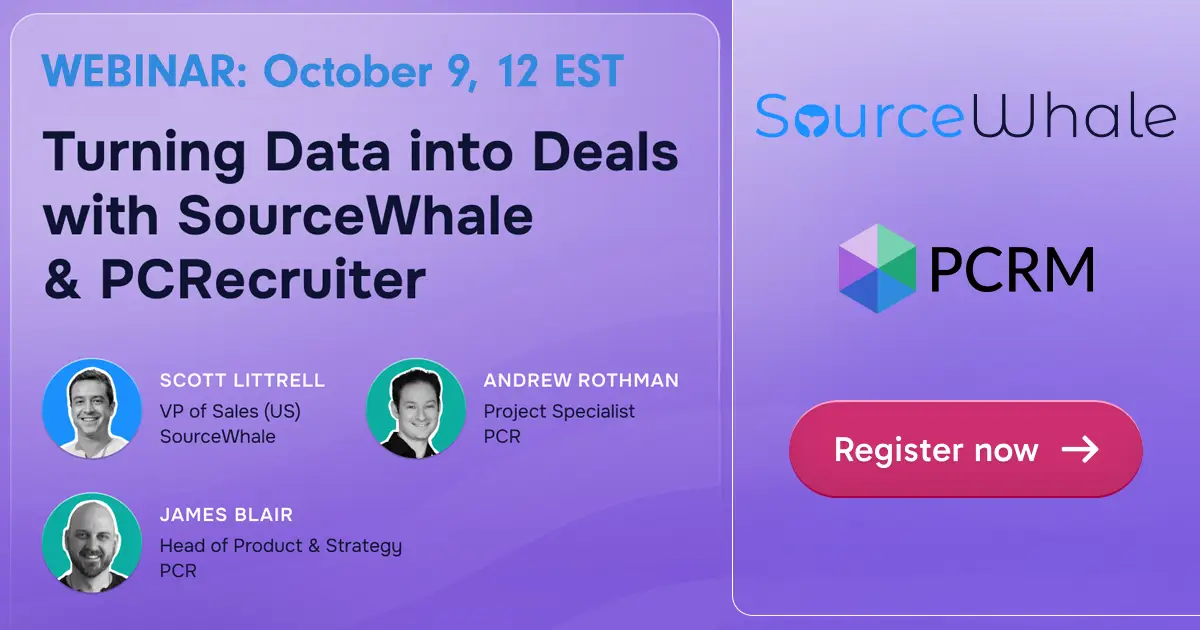We live in a society where the line between work and free time is too easily and too often blurred, but most employers still don’t have a policy in place to deal with working after hours.
“Technology and Its Impact on Employees During Nonworking Hours,” a new report from SHRM, found that a large majority of employers don’t have anything in writing dictating what their staff members can and can’t do when working outside of the office.
However, most typical employees still feel guilty if they don’t respond to emails at night or on the weekend, even if doing so is not technically part of their job description. That’s because most companies rely on organizational norms, not written policies, to dictate such behavior.
“Employers are not creating policies that delve into employees working outside of the traditional workday,” Evren Esen, manager of SHRM’s Survey Research Center, said in a press release. “Whether an employee responds to email at night or during the weekend is usually linked to organizational norms. If there is such an expectation, then employees are likely to follow suit.”
Some highlights of the report include:
Ultimately, employers should make it a priority to develop an after-hours working policy, whether the employee is using company-provided equipment or not. Companies that have no policy in place could be leaving themselves open to lawsuits for not paying proper overtime.

PCRecruiter Extensions 2.0 for WordPress transforms your job board with job full-sync for superior speed, improved SEO, controllable structured data for Google Jobs and LinkedIn sharing, and full design control.
Read more
Every minute you spend on manual data entry is a minute you’re not connecting with your next great candidate or client. The record entry features in PCRM make adding names, companies, and jobs a breeze, and with our latest update this extends to bulk-imports.
Read more
Join SourceWhale’s Scott Littrell for a 30-minute session Oct. 9 to learn how recruitment teams can freshen their PCR data and turn it into revenue. Learn about free trials and new features!
Read moreWhether you're just getting started or an industry vet, we'd like to help.